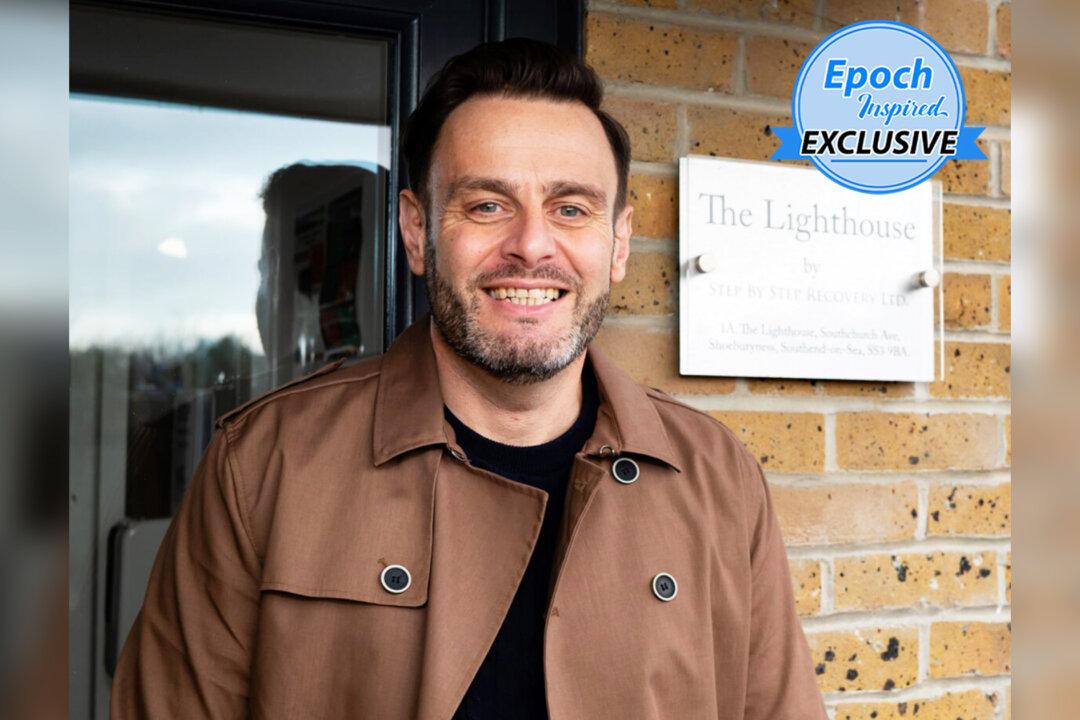A man who was addicted to drinking alcohol for the most part of his life decided to quit after he missed his father’s funeral. Now, two years sober, he is helping people who have fallen into addiction get their life back.
“Today I am living life; what came before was just an existence,” Karl Finn, 46, told The Epoch Times via email. “Staying sober is my way of making amends, and my tribute to my dad and the rest of my family who stood by me.”






